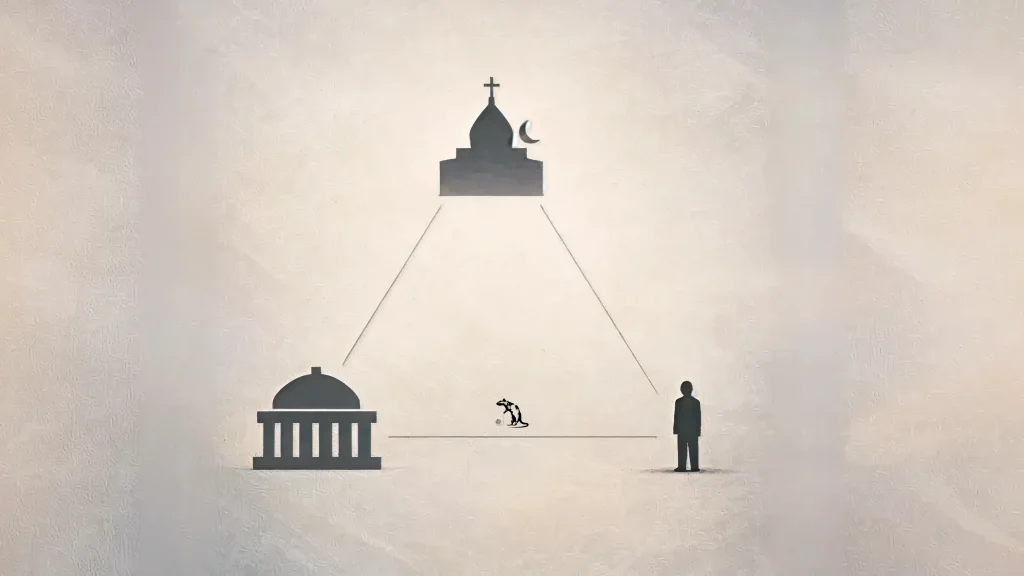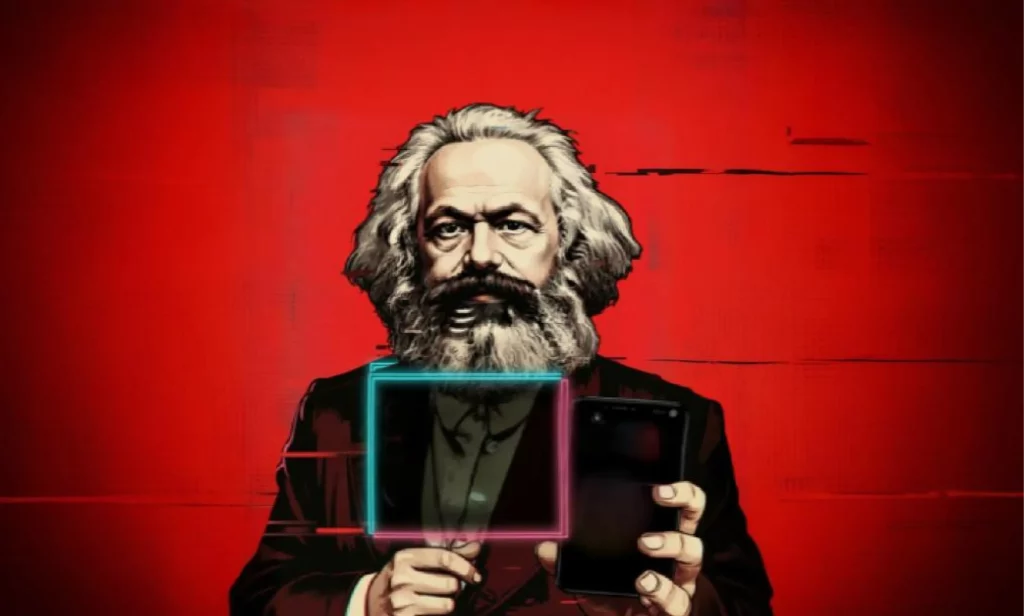The Economics of Free Will
Have you ever been doing “fine” — job okay, friends intact, life moving in quiet loops — and then, out of nowhere, a small thought sneaks in: “Is this really it?”
That’s not boredom. That’s the cost of freedom showing up.
Every gain has a ghost — the life you didn’t live, the version of you that never was. That’s opportunity cost, the invisible tax we pay for choosing one reality over all the others. It’s not just about money. It’s time, peace, experience, a piece of your own becoming that gets left behind each time you decide.
In economics, opportunity cost is the value of the next best thing you forgo when you choose. In life, it’s what haunts you when the noise settles. You buy something, you don’t just spend money, you spend possibility: the books you didn’t read, the trip you didn’t take, the silence you didn’t sit with. The same transaction happens every time you choose who to love, where to live, what to chase, or when to leave.
Freedom is not free. It’s just that the bill doesn’t arrive in cash; it arrives in what could have been.
And the modern world, in its cruel honesty, makes those invisible costs visible. We were told that choice is power. No one told us how heavy power feels when it’s endless. You can switch jobs, cities, partners, beliefs — but every switch comes with a hidden exchange rate. You pick stability, you lose spontaneity. You pick creativity, you lose certainty. You pick solitude, you lose shared chaos. Every decision is a quiet ledger: gain here, forfeit there.
Every decision you make is a quiet negotiation with infinity — the endless list of lives you’ll never get to live. You could have stayed. You could have left earlier. You could have chosen art over security, or family over ambition. Each of those “could haves” still exists, flickering in some parallel timeline, carried by the version of you that never was. And sometimes, that ghost visits. In old photos. In the people you meet too late. In the songs that sound like the life you didn’t pick.
Our generation feels this more deeply than the ones before us. They lived by necessity, not by narrative. We live in an economy of infinite choice, infinite tabs, infinite timelines, infinite “what ifs.” The price of that abundance is exhaustion. We scroll through a hundred lives every day, all of them polished and visible, each one whispering: “You could’ve been me.”
And maybe that’s why so many of us feel stuck, not because we lack options, but because we can’t stop imagining the opportunity cost of each one.
You either become a thirty-something overworked and underlived, or a thirty-something overlived and underworked. You can’t have both. Every version of “balance” comes with its own debt. The internet turned life into a silent auction of possibilities, every scroll a bid you didn’t make. Someone, somewhere, always seems to have chosen the better city, the better partner, the better pace. But they’re paying too. You just can’t see their receipts.
So maybe the question isn’t “Am I doing enough?” Maybe it’s “Am I paying for the right things?” Because if life is an economy, then meaning is your only real currency. Spend it wisely. Everything else, status, validation, comfort, is just inflation.
The ghost of the life you didn’t live will never disappear. It will linger in quiet moments, at reunions, in regrets that take the shape of nostalgia. But maybe that ghost isn’t punishment. Maybe it’s proof that you had real choices that you were alive enough to lose something.
Freedom will always demand payment. The question is: what’s worth the price?
You can’t live every life that might have been, but you can live one deeply enough that it feels like it was always meant to be.



